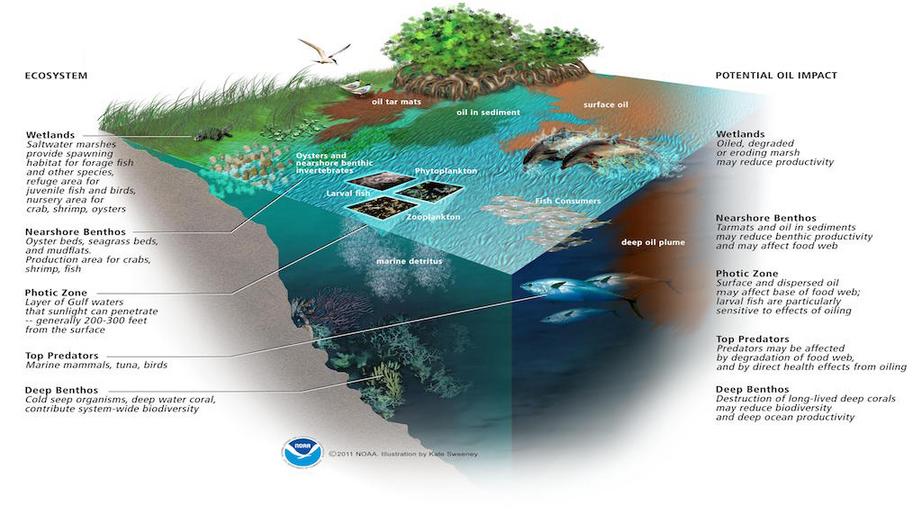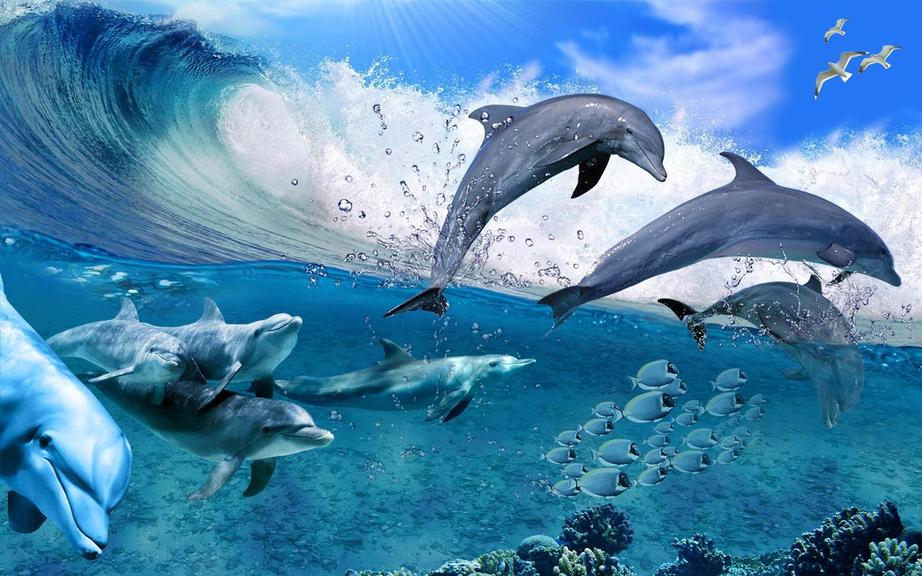It will take 40 years before dolphins recover from Deepwater Horizon spill
In April 2010, the Deepwater Horizon oil spill changed the Gulf of Mexico in ways that we're still trying to understand. Over the course of 87 days, more than 134 million gallons of oil spilled into the sea. This kind of environmental disaster doesn't end when the cleanup crews head home; it's felt for many years beyond, and marine creatures like bottlenose dolphins are proving that point.

A new international assessment coordinated by the U.S. National Oceanic and Atmospheric Administration (NOAA) and many partners looked at more than five years of data and analysis to understand the long-term impacts of the spill on the health of marine mammals like dolphins and whales.
 Photo: Dray van Beeck/Shutterstock
Photo: Dray van Beeck/Shutterstock
According to the study, the dolphin population in the Barataria Bay area of the Gulf will have suffered a 50 percent population drop in the decade following the spill. A full recovery is expected to take at least 40 years.

"Despite all the uncertainties, it is clear that many populations of marine mammal were badly affected by the oil spill, and that these negative effects will persist for many years into the future," says Dr. Len Thomas in a press release from University of St. Andrews — home of the Sea Mammal Research Unit (SMRU) and the Centre for Research into Ecological and Environmental Modelling (CREEM), both of which were partners in the research.

